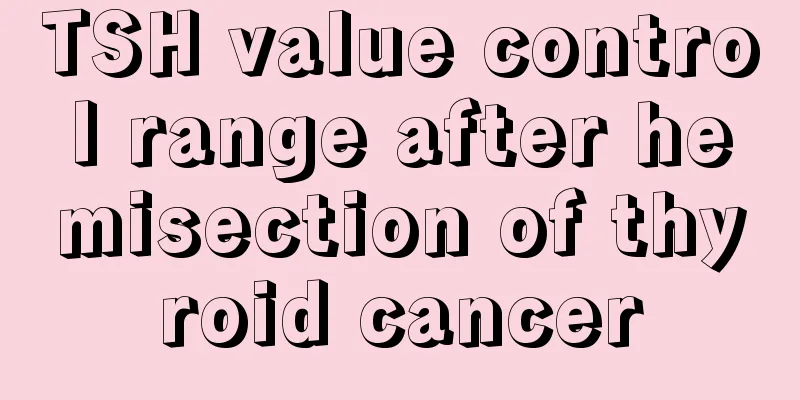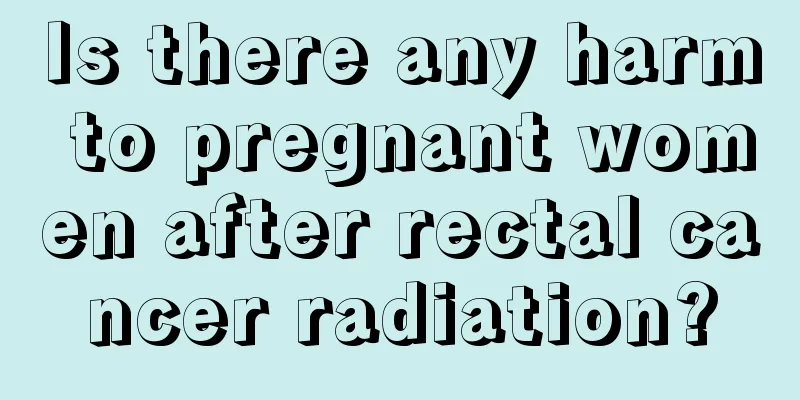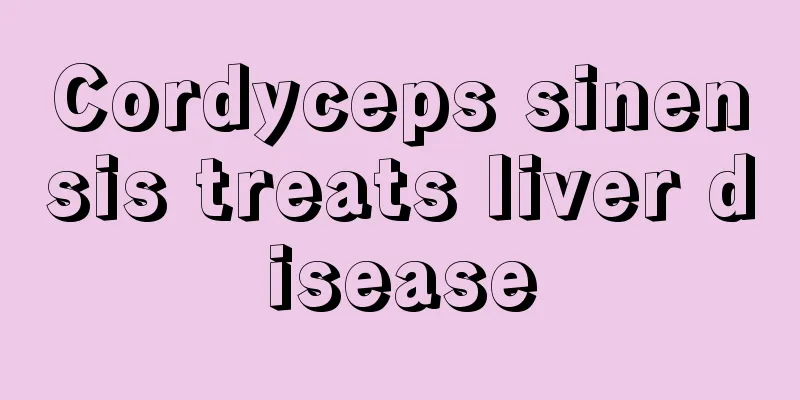How to take emergency contraceptive pills

|
Emergency contraceptive pills are a very commonly used contraceptive method. They are generally effective if taken within 72 hours after sexual intercourse. Although emergency contraceptive pills are very convenient to take, if taken frequently, they can easily affect the body's endocrine system. They can only be used as a remedial measure, not a regular contraceptive method. Some friends who are experiencing sex for the first time may not be particularly familiar with the use of emergency contraceptive pills. Here is a brief introduction. There are two methods of emergency contraception: taking emergency contraceptive pills and inserting an intrauterine device. In the following situations, you should choose the former: first, you did not take any contraceptive measures during sexual intercourse within 72 hours (note that it is ineffective after 72 hours); second, although contraceptive measures were taken, the contraceptive measures failed, such as the condom was damaged, slipped off or used improperly. If it has been more than 72 hours but still within 5 days, the second method - insertion of an intrauterine contraceptive device can effectively prevent pregnancy. However, this method must be performed under the guidance of a doctor and is generally not suitable for women with reproductive tract inflammation, menstrual disorders, or who have never given birth. Emergency contraceptive pills can only be taken once a month. Taking them multiple times will cause menstrual disorders and affect your health. Pay attention to the following when taking them: They can only be used occasionally, generally once a month at most, and cannot be used every month. Take one tablet within 72 hours, and then take another tablet every 12 hours, for a total of 2 tablets. The earlier you take the medicine, the better the effect. If vomiting occurs within 2 hours after taking the medicine, you must take another tablet immediately. If you have sex again after taking emergency contraceptive pills, you must take contraceptive measures, otherwise there is still a possibility of pregnancy. It should be noted that although emergency contraceptive pills can achieve the purpose of contraception, taking this medicine often causes some side effects. For example, the patient may experience nausea after taking emergency contraceptive pills, which generally does not exceed 24 hours. Some people will experience vomiting symptoms after taking emergency contraceptive pills, and they may vomit out the contraceptive pills. At this time, they should take an additional contraceptive pill. |
<<: What are some good ways to improve sleep
>>: How much emergency contraceptive pills should be taken
Recommend
Does breast fibroid surgery require hospitalization?
Does breast fibroid surgery require hospitalizati...
Artificial urticaria
Artificial urticaria is a common skin disease. Si...
How to whiten oily skin
Many people have oily skin, with a thick layer of...
My chest hurts when I breathe hard
In life, many people feel chest pain when they ta...
What are the symptoms of lung cancer
It seems that people have a problem that they don...
Is toe deformity hereditary?
In life, many people have toe deformities. There ...
Can the degree of eyeglass lenses be adjusted?
Because people nowadays spend a lot of time and e...
How to relieve toothache instantly?
Although toothache is not a serious illness, it o...
What are the causes of fibroids?
In today's society, the name of fibroids ofte...
Where to apply moxibustion for cold
Cold is a very common disease in people's liv...
Will the Sichuan pepper shell soften on its own?
Sichuan peppercorns are a common thing in daily l...
The baby is very irritable when sleeping at night
Why does my baby sleep uneasily and become irrita...
How is ovarian cancer caused
Ovarian cancer is a general term for ovarian mali...
How to treat myopic flashes in the eyes?
In recent years, more and more people are sufferi...
What are the dangers of hair follicle transplant surgery
Many women have suffered from severe hair loss pr...









